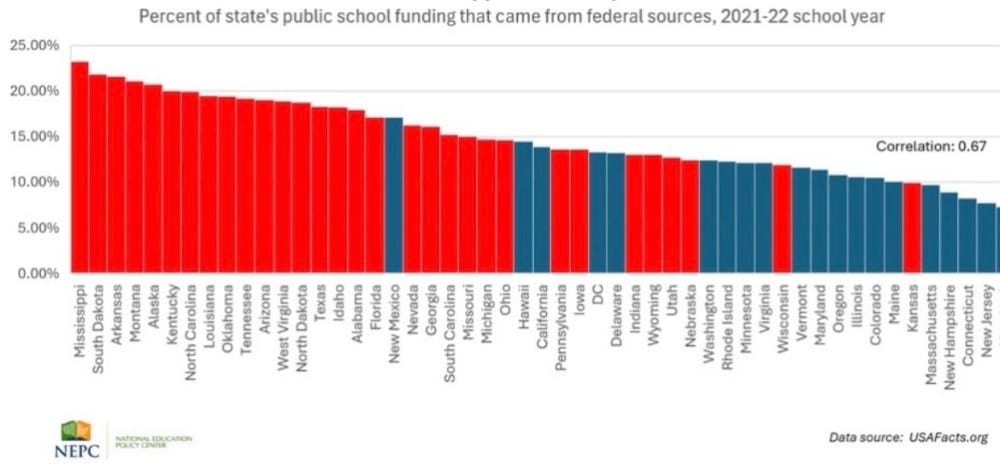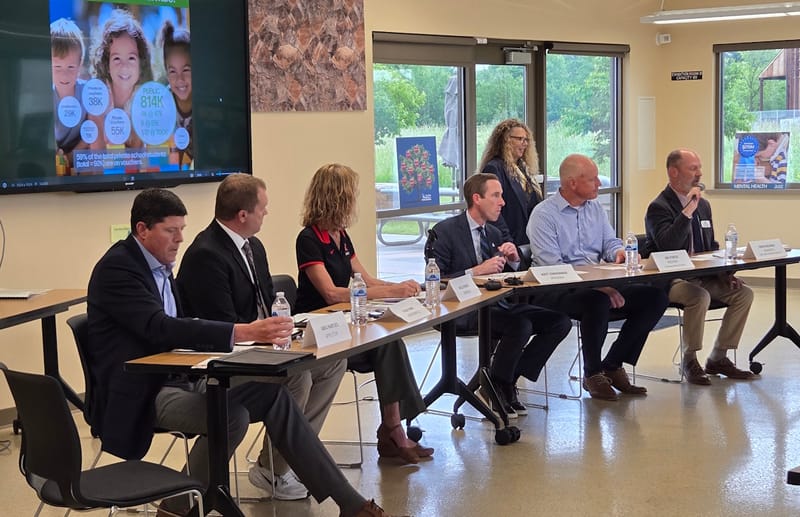Former speech pathologist fears impact of loss of Department of Education on special needs kids
Whether it’s funding or ethical and professional guidelines, Clark-Stojke sees what she calls “chaos” if the current attitudes toward the department continues. Not only has Trump cut the workforce in half, he selected as secretary a person without any education qualifications at all.

Patti Clark-Stojke is deeply concerned about the potential closing of the Department of Education as well as cuts to Medicaid, especially when it comes to kids with special needs.
Clark-Stojke is a retired public school speech and language pathologist and if anyone knows how critical early childhood development is, it is her.
“It needs to be screamed from the rooftops that when children are little, in those first five years or so, the elasticity in their brains and the neural circuits that are connecting in the brain give us such an opportunity to help them develop,” she says.
Everything from communication to language, to talking and listening skills, to mobility from learning to walk and run – all are vital to assuring the greatest levels of independence. But the Trump administration’s threats to disband the Department of Education entirely brings serious concerns about our ability to serve those special needs.
Whether it’s funding or ethical and professional guidelines, Clark-Stojke sees what she calls “chaos” if the current attitudes toward the department continues. Not only has Trump cut the workforce in half, he selected as secretary a person without any education qualifications at all in Linda McMahon, a former wrestling promoter.

“The rules and regulations I followed came down from the federal government,” she says. “That is the entity that monitors important things like the Individuals with Disabilities Education Act (IDEA). And I just fear that when we lose those protections, what happens to the children? And what happens to the funding that provides that service? What happens when an educator or a parent feels a child needs more but it’s not available? What are the kids going to lose?”
The federal government funds up to 20 percent of a state’s special ed needs.
Clark-Stojke argues that it is first and foremost a moral obligation we have to such kids. She says that over the years it has already become more difficult for certain kids to qualify for special ed attention and that further cuts could be devastating.
But Clark-Stojke sees it also as just logical. She cited studies that show 42 percent of kids who receive the special ed services they need no longer require those services by the time they reach kindergarten.
“There has never been a research project that hasn’t shown that the money invested in birth-to-five year-olds hasn’t paid off,” she insists. “It reduces the need for intensive services. You just get so much bang for your buck.
“So it’s worth it financially and it’s worth it morally.”






